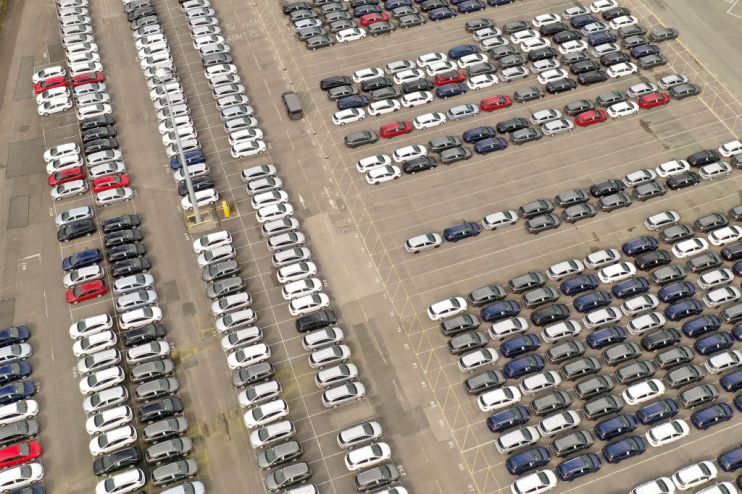Coronavirus: Car industry warns UK could produce 200,000 fewer cars this year

The Society of Motor Manufacturers and Traders (SMMT) has warned that the coronavirus outbreak could see the UK produce 200,000 fewer cars in 2020, a fall of 18 per cent on last year’s total output.
All of the UK’s car manufacturing factories are now on shutdown as the country complies by stringent restrictions designed to overcome the epidemic.
However, the SMMT said that the damage could be far worse if the current shutdown is extended to last months rather than weeks.
Today’s warning came as the SMMT reported car production figures for February, before the coronavirus outbreak had begun to impact the UK.
Last month the UK produced 122,171 models, a fall of 0.8 per cent year on year, but SSMT chief executive Mike Hawes said that the “fundamentally strong” figures were “the calm before the storm” of coronavirus:
“With UK car plants now effectively on national shutdown and many global markets closed, the outlook is of deep concern.
Sign up to City A.M.’s Midday Update newsletter, delivered to your inbox every lunchtime
“We wholeheartedly welcome government’s extraordinary package of emergency support for businesses and workers, but this must get through to businesses now.
“If we’re to keep this sector alive and in a position to help Britain get back on its feet, we urgently need funding to be released, additional measures to ease pressure on cashflow and clarity on how employment support measures will work”.
Domestic output rose 7.8 per cent in February, while exports fell 3.1 per cent to around 95,000 vehicles.
The UK’s automotive sector is worth £18.6bn annually to the British economy, and employs hundreds of thousands of people in jobs across the country.
Many of the UK’s best known car brands have joined government efforts to manufacture crucial medical supplies such as ventilators in a bid to stem the rising tide of the coronavirus outbreak.
Hawes added: “Despite the current challenges, the entire industry stands ready to help the national effort, from production of essential medical equipment, to sustaining delivery of essential supplies, providing and maintaining emergency services vehicles and transporting key workers”.